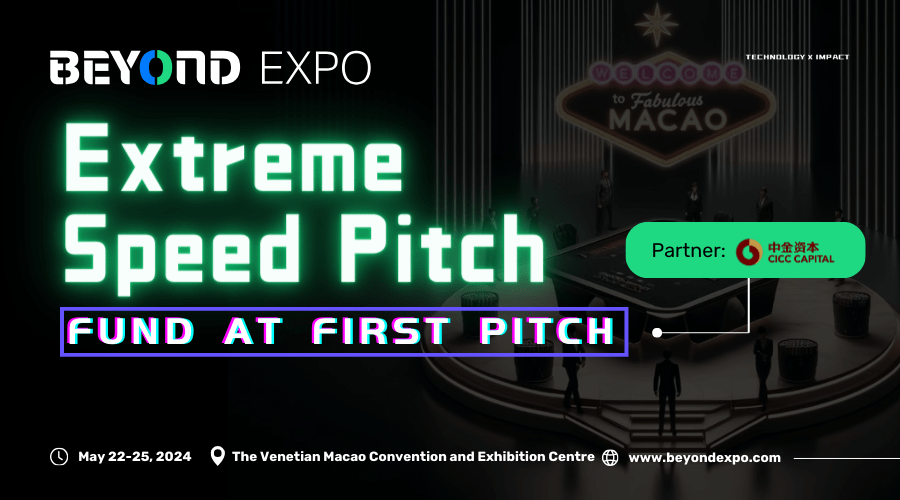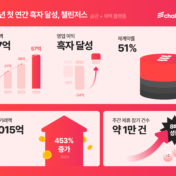At beLAUNCH2013, I had the privilege of interviewing David Lee, who I found to be extremely experienced, confident, and witty (these adjectives fail to describe how awesome he is).
David had previously been the Director of Google and the company’s first international executive to lead the sales, operations, and business development efforts in Asia, Europe and Latin America. He is also the Co-Founder of XG-Ventures, a renowned angel fund in Silicon Valley, the Lead Advisor for SK Telecom Venture Fund and the Mentor for Y-Combinator. He was one of the angel investors of Tapulous, developer of Tap Tap Revenge – and is profiled in both Forbes Magazine and BusinessWeek.
‘Going’ global? What does it even mean?
Sue: Hi David, thank you for giving us the time to interview you.
David: My pleasure.
Sue: Now, I understand that in this pragmatic era, it’s not about ‘going global’ – you are global in the first place. What do you think about that statement?
David: Well, more than anything, going global is about thinking about your market. Don’t worry about going abroad so much in the first place – if you’re stronger in Korea, focus on Korea first. Sometimes Pan-Asia is better.
Sue: You must get a lot of startups come to you, asking about how to go global.
David: That’s right. But when you look at the product, it’s like, “you guys are doing really well in Korea, just focus on Korea for now and I’ll introduce you to maybe Chinese investors or partners.”
The importance of getting domestic feedback and David’s experience at Google
Sue: What is the importance of getting domestic feedback? Could you perhaps tell me about your experience at Google? I understand that you’ve worked in Korea, Japan, and China, as well as Latin America and Europe.
David: You need a lot of domestic feedback. Speaking from my experience, I found that when we went to the market, people wouldn’t instantly respond to the product as much. In Japan, we got a lot of positive feedback because the UI is simple. But in Korea, they used to see a lot of advertising on search engines, and they thought, ‘oh, maybe there’s not a lot going on there’. And the search results were different too. So we thought, if we got local feedback earlier, we really could have made a local product because we’ll be building a product for that market.
Sue: Big companies make mistakes too, and startups will make the same mistakes. It’s about thinking about what you’re good at, and getting feedback from people from that market.
David: Absolutely Sue. If people say, “oh, it smells a bit funny” or “oh, I think you need to tweak this”, you need to listen to that. Think of Skype for example. I mean Skype was made in Eastern Europe, but it looks like a global product. You don’t know where it’s from.
Sue: Marketing 101!
David: Exactly – the marketing 101 approach. And once you’re successful in the local market, you will have other people who will be willing to help you ‘go global’. You will have people who can analyze the local market, give you analytics, give you opinions… that’s how it starts.
Do you need to ‘change everything’? We talk about Tap Tap Revenge, JYP & Wonder Girls, and “adding bubbles and sparkles”
Sue: What’s one advice that you can give to startups that want to go overseas?
David: With foreign markets, don’t guess. If you guess, you’re going to waste a lot of time and resources.
Sue: Right. What we tend to see in the Korean market is that they try to change everything about themselves – the language, the product, the UI/UX… so how important is it to have a mentor?
David: You know, one of my early investment was Tapulous, the makers of Tap Tap Revenge. And artists featured in it were all from the US, like Lady Gaga, Coldplay, or whatever. And one day we got an email from JYP, who said ‘okay, so I want to go to the US market with Wonder Girls, and I think this is a really good platform.’ But when we looked at the tracks, it didn’t really match.
Sue: So you had to ‘tweak’.
David: Yes. The product didn’t ‘change’, but we all knew that in order to penetrate the US market, we needed to change the protocol so that it will look in a certain way. And when US artists want to target Korea, they have to add more bubbles and sparkles. Every market is different. You have got to respect that. And you have to support that with the right technology and the right support person.
Finding the right people in Korea: what about Silicon Valley?
Sue: Now, on that point about having ‘the right people’. I understand that in the Valley, everyone supports each other.
David: There’s definitely a sense of support in Silicon Valley, so it’s a lot easier for startups. It’s easier to find the right people there. In many other cities around the world, the startup ecosystem is rather fragmented, so it’s hard to grow fast. But in Korea, everything’s there. The technology is there, the people (who are incredibly smart) are there, the investors are there, the mindset is there. The hardware is all there, and the Korean ecosystem is getting more robust.
Sue: So a conference like beLAUNCH is important.
David: Very. Even though it’s difficult to see immediate results with things like this, it’s only because it’s immeasurable. Everybody has a message to take home, and that’s always the first step.
Sue: Thank you David for an incredibly insightful interview! It is indeed a huge privilege having you at beLAUNCH2013, and hope to see you again soon.
David: Thank you Sue!





